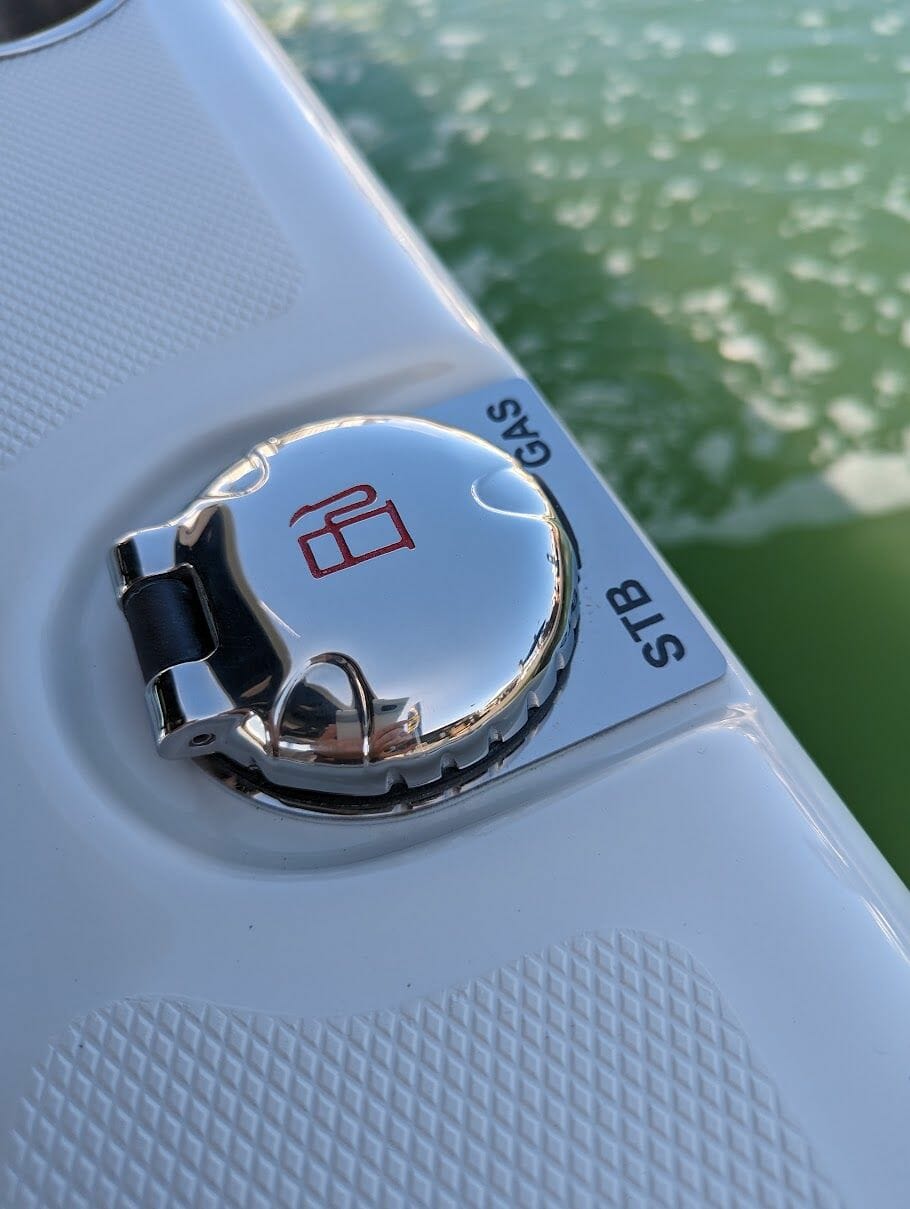Running out of gas on the open water can be a stressful and potentially dangerous experience. However, with a level-headed approach and proper safety measures, you can effectively address this emergency scenario. Here is what you should do if you ever find yourself stranded in a boat without any fuel.
Remain Calm and Assess the Situation
The first thing to do if you suspect you have run out of gas is to remain calm. Panic can only hinder your ability to make rational decisions and effectively troubleshoot the situation. Stop your boat’s engine, anchor it if possible, and take a moment to assess the situation. Determine your current location, tide conditions, and the presence of any potential hazards like rocks or strong currents.
Conserve Energy
Turn off all non-essential electronic devices to conserve battery power. This includes navigation systems, radios, and lighting. You may need your battery to start your engine later or to navigate once you have fuel.
Double-Check Your Fuel Supply
Sometimes, fuel gauges can give inaccurate readings due to malfunction or other issues. If you have multiple fuel tanks, make sure you have switched to the correct one, and that it is indeed empty. If you have a portable fuel tank on board, this may be the time to use it to get your boat to a nearby fueling station or shore.
Alert Others of Your Situation
If you have confirmed that your boat has run out of gas, use your VHF marine radio to hail for help. The standard channel for marine emergency communication is Channel 16, where you can reach the Coast Guard or nearby boaters. Give a brief explanation of your situation, followed by your precise location, the name of your vessel, and any other relevant details.
Note: Using Channel 16 in a non-emergency situation is considered inappropriate and can result in fines. However, running out of fuel in the open water is a legitimate concern and warrants the use of the emergency channel.
Set Up Your Emergency Equipment
While waiting for assistance, set up any emergency equipment you have on board. This may include:
- Flares: Fire off a flare to attract attention and to provide your location to rescuers.
- Signal mirror: Use a signal mirror to reflect sunlight towards other boats or shore, making them aware of your presence.
- Lifejacket: Ensure that all passengers have their lifejackets on and properly secured.
- Throwable flotation device: Have this ready in case anyone needs to jump into the water for any reason.
Evaluate Your Options
Consider your available options for resolving the situation. You can choose to wait for help or formulate a plan to get fuel and return to your boat. Some possible options include:
- Call TowBoatUS or another boat towing service for assistance
- Ask fellow boaters for help, either by radio or by hailing them as they pass by
- Contact a nearby marina or fuel station to discuss possible refueling options
- In coastal areas with strong currents, it may be possible to drift towards shore or a nearby fueling location with the tide. However, this option requires care and knowledge of local conditions, as it can also lead to further danger.
Prepare Your Boat for Tow
Once help is on the way, ensure that your boat is ready to be towed by removing any obstructions, loosening the anchor, and securing loose items. Follow the instructions given by your rescuer to ensure a safe and successful tow.
Learn from Your Experience
After the situation has been resolved and you’re safely back on land, consider the events that led to your boat running out of fuel. Reflect on how you can prevent it from happening again in the future, such as more frequent monitoring of fuel levels or having a backup fuel plan.
Running out of gas on your boat can be a daunting experience, but with the right knowledge and preparation, you can manage the situation effectively. By understanding what to do in these moments and practicing essential safety measures, you can be prepared to handle this challenge and continue enjoying your time on the water.


